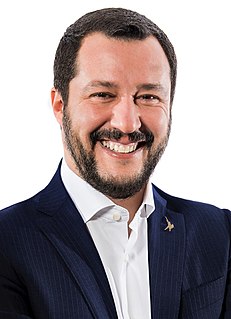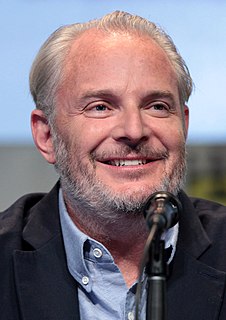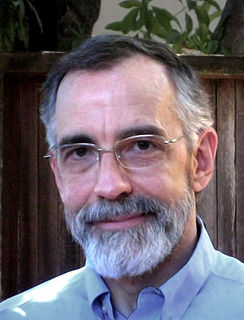A Quote by Terry Pratchett
I have no use for people who have learned the limits of the possible.
Related Quotes
I think it's better to have limits. My limits are different from other people's limits. I'm all for freedom, I'm all for people doing what they want. I'm also all for people shouldering the consequences of their behaviors, and not being assholes, and not lying unless they need to, and being honest except when you shouldn't, and being faithful except when it's okay to cheat. I guess I'm just a mass of contradictions.
We had entered an era of limitlessness, or the illusion thereof, and this in itself is a sort of wonder. My grandfather lived a life of limits, both suffered and strictly observed, in a world of limits. I learned much of that world from him and others, and then I changed; I entered the world of labor-saving machines and of limitless cheap fossil fuel. It would take me years of reading, thought, and experience to learn again that in this world limits are not only inescapable but indispensable.


































